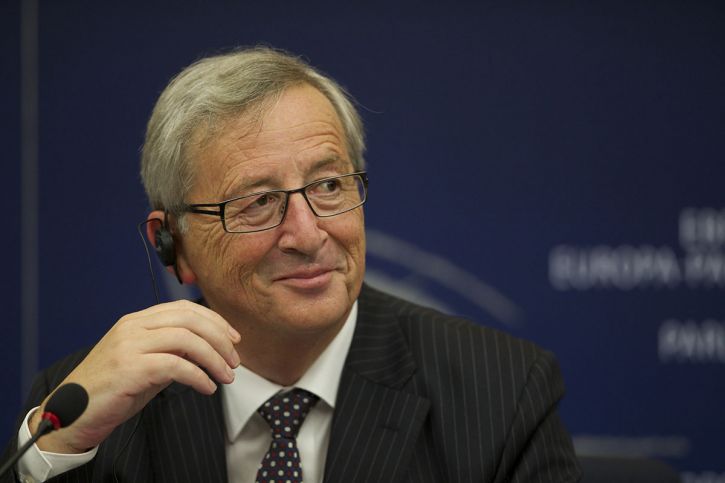Is a European Army on the Horizon?
The European Commission president recently suggested that the EU should have its own army. How might this affect Europe’s influence on the world?
European Commission President Jean-Claude Juncker
Mr. Juncker believes that a European army would not necessarily replace NATO forces (which already represent 22 countries of the European Union), but would rather strengthen Europe. He said, “A European army would show the world that there will never again be war between its member states.”
National or collective army?
The idea of a European army is nothing new, as the idea has been discussed many times throughout the history of the EU. But each time it is discussed, the major opponent of the idea is Britain.
This issue is bigger than merely having a European army or not. If the idea was implemented, it would have to be accompanied by changes in how power is held in the European Union.
Britain believes that military defenses should be run by each individual nation. A U.K. government spokesman articulated the British response to Mr. Juncker’s idea: “Our position is crystal clear that defence is a national, not an EU, responsibility and that there is no prospect of that position changing and no prospect of a European army.”
Among the EU member states, Britain has the largest national military, followed by France and then Germany.
The primary motivation for Mr. Juncker’s proposal is “to face up to Russia and other threats” (“We Need a European Army, Says Jean-Claude Junker,” BBC, March 9, 2015). The reasoning is that a European army would make Europe a stronger force to be reckoned with, which would deter Russian aggression.
This is why Mr. Juncker and the European Federalist Party (EFP) believe a European army would be beneficial.
Who would control a collective army?
Even though the EFP sees the benefits of such an army, its president, Pietro De Matteis, said: “Of course any army must be under democratic oversight, which requires the European Union to make a step further in the process of European integration towards a federal Europe with a stronger role for the European Parliament.”
And Daniel Keohane, research director at the European think tank FRIDE, said, “There’s no point in talking about an army unless you’re talking about a federal state.” He told Defense News, “You need to be clear who is the political authority controlling it and who pays for it.”
So, this issue is bigger than merely having a European army or not. If the idea was implemented, it would have to be accompanied by changes in how power is held in the European Union.
A united Europe on the horizon?
Bible prophecy shows there will be a political authority controlling a European power made up of 10 nations or groups of nations just before the return of Jesus Christ. This union is referred to in prophecy as both “the beast” and “the king of the North.” It is clear that the prophecies regarding the beast also apply to a future personality who will have great civil, financial and religious power at the time of the end.
Notice how 10 leaders will give their political authority to this beast: “The ten horns which you saw are ten kings who have received no kingdom as yet, but they receive authority for one hour as kings with the beast. These are of one mind, and they will give their power and authority to the beast” (Revelation 17:12-13).
Interestingly, German Defense Minister Ursula Von der Leyen reportedly told German radio that she believed that the German army could “under certain circumstances” be prepared to put soldiers under the control of another nation. Such a move would “strengthen Europe’s security” and “strengthen a European pillar in the transatlantic alliance.” She also said that “our future as Europeans will one day be a European army.”
This beast power will have a major influence in the world at the end time and will have a powerful army. Prophecy shows that a power from the Middle East will in some way threaten the European beast power, provoking a military response described using the military hardware of Daniel’s day: “chariots, horsemen, and with many ships; and he shall enter the countries, overwhelm them, and pass through” (Daniel 11:40).
Not only will Europe ultimately have an army, it will be a conquering army!
As Mr. Juncker said, many don’t take Europe seriously at this time. But we need to keep our eyes on Europe because it will become a major player on the world scene in the coming years. Europe will eventually have a powerful army that prophecy shows will ultimately be challenged by a 200-million-man army (Revelation 9:16)! At that time, it will take the return of Jesus Christ to prevent these armies from destroying each other and all life on earth (Matthew 24:22).
We encourage our readers to continue studying Bible prophecy and watching world news—and to use these as a motivation to “be ready” for the return of Jesus Christ (Matthew 24:44).
Photo by Unión Europea en Perú/CC BY 2.0
Date Posted: March 12, 2015

 by Tim Groves
by Tim Groves

